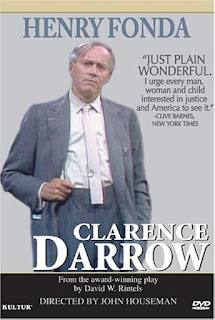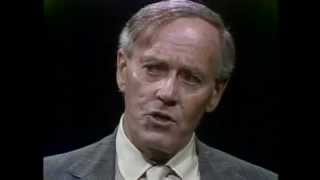We come once again to Turner Classic Movies annual Summer Under the Stars series, where each day TCM devotes a single day to a single star. This year, we got a few surprises.
One surprise is that unlike past years, we do not have a single silent film star featured. This is probably due to the sad dearth of silent films, which limits the number of performers that can be featured.
We also do not have a single foreign film star featured. The closest ones would be Sophia Loren and Katy Jurado, the latter who also fills the traditional Hispanic star slot and is making her SUTS debut. Loren does have at least two Italian films in the line-up: A Special Day and Two Women. None of Jurado's Mexican work, however, will be featured.
A more pleasant surprise is the inclusion of two black stars this year: the SUTS-debuting Nicholas Brothers and Woody Strode. This is, again to my memory, the first time more than one African-American has been featured in the same year. While there are sadly not as many black stars to showcase as there should be had things been more equal, it is good to have what we do have showcased.
Another surprise is how we have only two living performers this year: Loren and Geraldine Chaplin. Stella Stevens, who like Chaplin is also making her Summer Under the Stars debut, died on February 17, 2023, and as I understand it, this will be her TCM Tribute. Rhonda Fleming, another SUTS first-timer, will be a centennial salute on what would have been her 100th birthday.
Jurado, the Nicholas Brothers, Chaplin, Stevens and Fleming are one of a surprising eight Summer Under the Stars debuts. The others are Anthony Perkins, Jackie Cooper and John Carradine.
Some things though, never change. I think I should be fair and think that there are broadcast rights issues that prevent some more contemporary films to be shown. I will say that perhaps showing Jurassic World: Fallen Kingdom for Chaplin would be too outlandish for Turner Classic Movies. To be fair, such a concept does tickle my funny bone: something as junky as Fallen Kingdom on the mostly posh Turner Classic Movies.
Imagine seeing Alicia Malone or Dave Karger having to introduce that film!
However, despite still working at age 78, the most recent SUTS films for Chaplin are three from 1976. It might have been interesting to have screened something like 2002's Talk to Her or 1992's Chaplin, where she played her own grandmother. Small though the roles may have been for her, it would have brought a little variety. I would have even liked for them to have featured something like the television movie Mother Teresa: In the Name of God's Poor, where Chaplin plays the lead.
Yes, it is a television movie, but I don't know if people will quibble that much over the distinction.
Paul Newman received his final Oscar nomination for 2002's Road to Perdition, but the newest film for his day is from 1973 (The Mackintosh Man). Given that 1989's Tap is part of the Nicholas Brothers' night (and I believe the newest film overall), what really is there to prevent 1982's The Verdict, 1986's The Color of Money and 1994's Nobody's Fool to make up part of Newman's night?
It might have been interesting to show The Hustler and The Color of Money back to back. TCM, however, is showing neither.
There seems to be a great reluctance to showcase more recent films for the SUTS players. Ball's films don't go past 1956 (Forever, Darling). Granted, she made only four films after, but it would have been nice to see the disaster that is Mame for her day. Debbie Reynolds had a critically-acclaimed performance in 1996's Mother, but her day won't venture outside 1964's The Unsinkable Molly Brown. The 1931 version of The Champ is featured for Cooper's day. Why not offer the 1979 remake for Joan Blondell?
What I am driving at is that many of these performers worked long after the so-called "Golden Age" of film, yet TCM rarely if ever ventures beyond the era. I think that leads casual film viewers to think these figures were from a very distant past and thus, of no real interest to up-and-coming classic film fans. To my mind, it is an annual lost opportunity.
Some of the choices are good: James Stewart has most of his films not be the well-known ones. Some are strange. Ernest Borgnine does not have Marty on his day despite it winning Best Picture and he Best Actor for the film. Ronald Colman too has his Oscar-winning performance in A Double Life somehow left off among his day's films. More curious is how he follows Greer Garson (who does have her Best Picture/Actress winning Mrs. Miniver featured), but he gets Random Harvest when it might have served as a great bridge between the two. I think all of Fred Astaire's films are musicals, but why not offer some of his non-musical work to showcase Astaire's talent outside a dance number?
Vincent Price's films cover the years 1947 (The Long Night) and 1964 (The Last Man on Earth and The Masque of the Red Death). His first film was in 1938, his last in 1990. That's an awful big gap to leave out such films as Brigham Young, Laura and The Song of Bernadette (pre-1947) to Dr. Goldfoot and the Bikini Machine and The Abominable Dr. Phibes (post-1964).
Such as it is, I look forward to Turner Classic Movies' Summer Under the Stars series and hope to make new discoveries.






.png)





